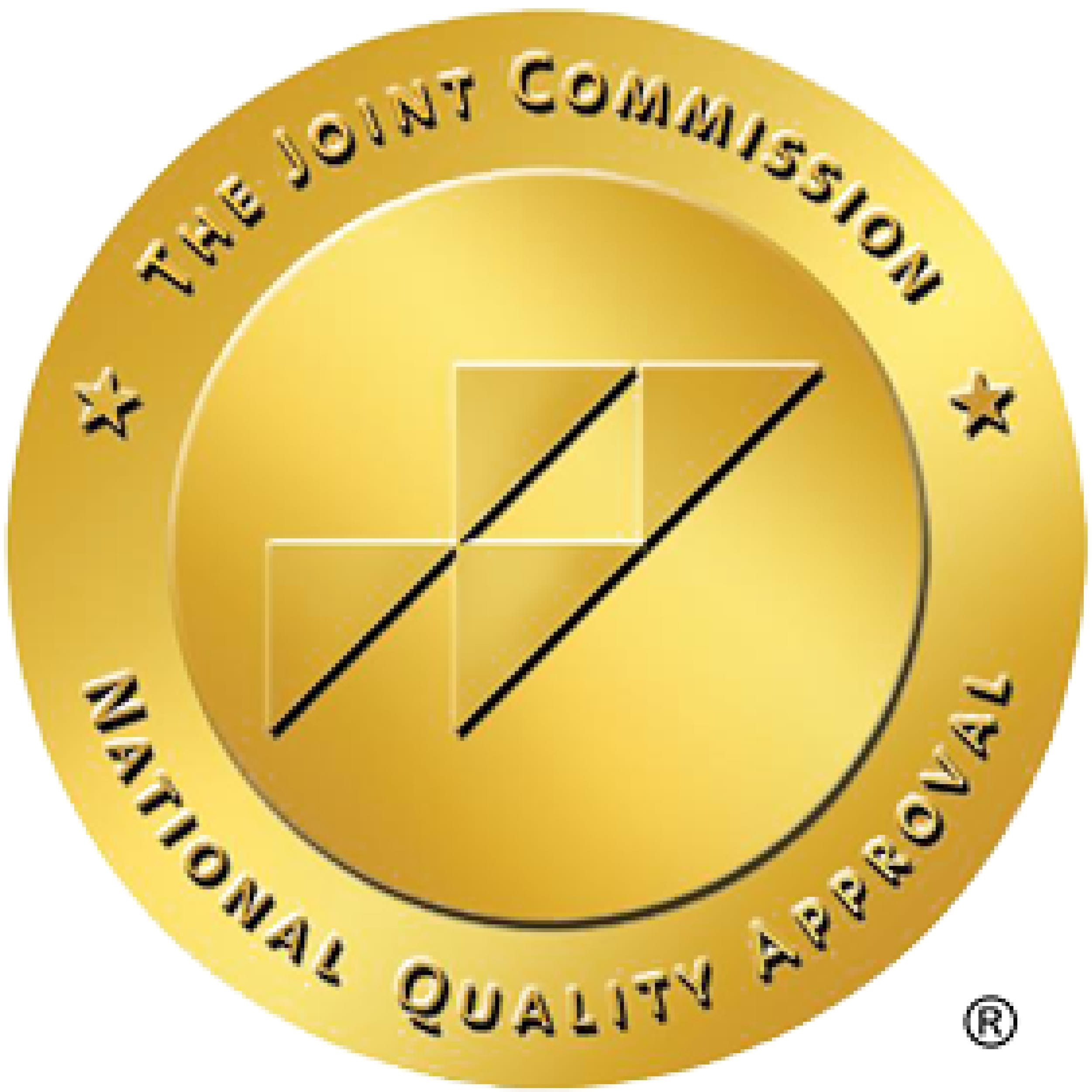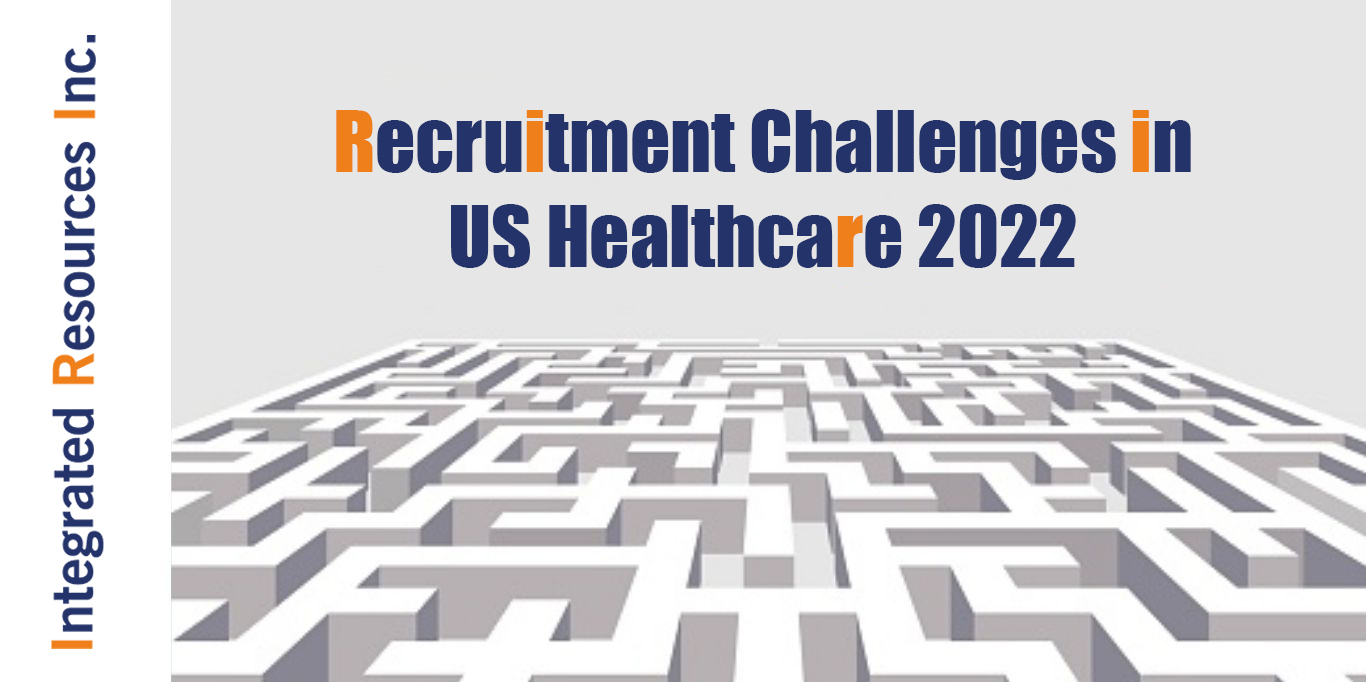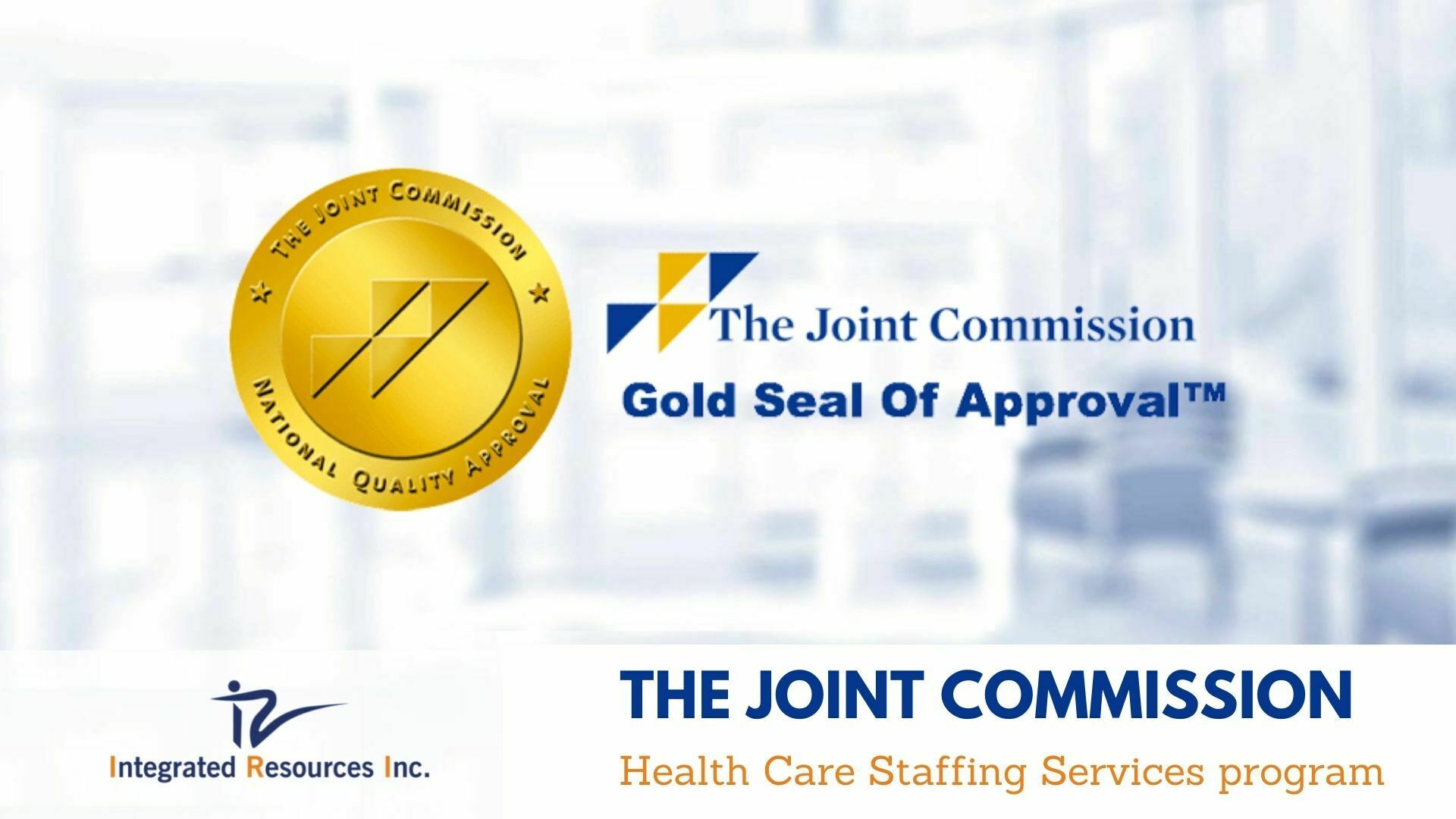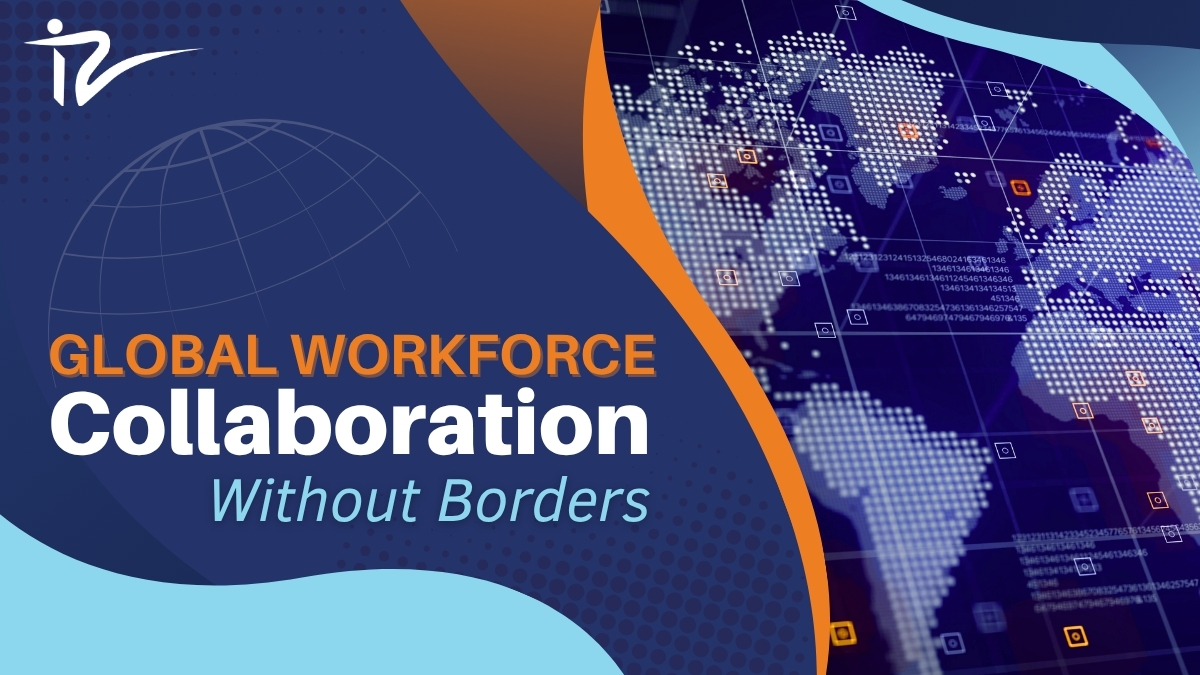Table of contents ▸
The year 2022 continues to pose new challenges every day, especially for the frontline workers and the healthcare recruiters as this industry is facing critical challenges and a shortage of skilled professionals.
Recruitment being the basis of setting up any industry, involves a lot of challenges. In recruitment, you balance management, and employee advocacy.
Leaders in the Healthcare segment must be highly competent and comfortable to be able to understand, assess, and evaluate changing needs.
It is important to understand that in the healthcare industry, the term customers relate to the patients, and the service directly connects to the health of the latter. The involvement of life in it makes it a critical job, and extremely essential to hire the best talent as it’s the life of people that is at stake.
As responsible citizens, we need to first understand the causes leading to the American Nursing shortage, and then think of the required steps to deal with it!
What are the biggest workforce challenges for hospitals today?
Recent reports demonstrate the huge crisis that the US is facing in these unprecedented times. These challenges can have serious short-term, mid-term, and long-term impacts on healthcare professionals, recruiters, and the masses in general.
Let’s have a look at some of the most prominent challenges facing the US Healthcare sector.
Challenge 1 –
The first and most discussed challenge is the lack of an adequate number of skilled professionals, having permission to work in the states. This is one problem that has been doing rounds in the news every day. It is due to this, that hospitals are also looking to hire foreign-born nurses to meet with this shortage.
Challenge 2 –
COVID-19 has resulted in inexplicable stress, burnout, anxiety among nurses. To make it worse, there is a lack of proper mental wellness programs for these professionals, resulting in deteriorating mental and physical health.
Challenge 3 –
A lot of work needs to be done in eliminating healthcare inequities, in the United States, 50.9% of RNs are over age 50, and 44% of physicians are over age 55. This data clearly indicates that within the next five years, when these unsung heroes retire, there will be more open positions than workers to fill them.
Challenge 4 –
Healthcare Recruitment includes a significant number of hard-to-fill positions which require highly experienced candidates. Not just this, the average time to fill any vacant position in healthcare is higher than in any other industry due to the degree of specializations required.
Challenge 5 –
The ongoing situation has led to a serious decline in the willingness of nurses to continue with their job roles. The stress, low pay, and lack of empathy as discussed above have demotivated them from serving the masses.
Another prominent challenge facing the US healthcare recruitment sector is that due to the COVID outburst, “elective” surgeries were put on the back burner, delays of which have already caused backlogs stretching from months to years for many patients.
The effects of this negligence may not be understood today, but they are surely going to pose serious challenges in the years to come.
Types of Nursing Shortages
Shortage in Nursing staff can be segmented into different categories depending on its type. Some of these have been listed below:
When there are enough skilled and trained nurses to fill the vacant positions, it is known as the Physical Nurse shortage. The second type, namely Willing Nurse shortage, is of greatest concern where 20% of trained, able-bodied nurses quit working due to burnout, low pay, or overtaxed schedule. Due to the lack of enough educators or spaces for willing nurses they do not get proper education for the same. Despite the need for nurses, hospital staffing personnel are unable to hire as per Healthcare Recruitment due to a lack of financial assistance. Another category is the shortage of Young Nurses, as the median age of these professionals is 42.5, which means they are closer to retirement. Some hospitals also neglect the need of having the appropriate number of skilled nurses, due to lack of understanding, leading to a shortage.
- When there are enough skilled and trained nurses to fill the vacant positions, it is known as the Physical Nurse shortage.
- The second type, namely Willing Nurse shortage, is of greatest concern where 20% of trained, able-bodied nurses quit working due to burnout, low pay, or overtaxed schedule.
- Due to the lack of enough educators or spaces for willing nurses they do not get proper education for the same.
- Despite the need for nurses, hospital staffing personnel are unable to hire as per requirements due to a lack of financial assistance.
- Another category is the shortage of Young Nurses, as the median age of these professionals is 42.5, which means they are closer to retirement.
- Some hospitals also neglect the need of having the appropriate number of skilled nurses, due to lack of understanding, leading to a shortage.
Impact of COVID-19 on hospitals and Healthcare Recruitment professionals
Nurses dispense comfort, compassion, and caring without even a prescription! – Val Saintsbury
The impact that COVID-19 has had on hospitals and healthcare professionals is steep and requires immediate attention. Some of these include:
- stress
- anxiety
- depression
- burnout at work
- quitting jobs
Preparing for the Next Generation of Healthcare
When everywhere in the world people are adopting methods of sustainable development, how can we not think of the same in the Healthcare sector? Preparing well for the next generation of Healthcare Recruitment needs to be a part of our priority list.
This requires people to be sensitive towards the needs and mental wellness of these healthcare workers. We need to be empathetic towards their daily hustle and sufferings, especially in a COVID-struck world, where access to proper physical and mental healthcare is a rarity for them too.
America’s health depends on all businesses, not just healthcare, to do their part! – John Quelch












